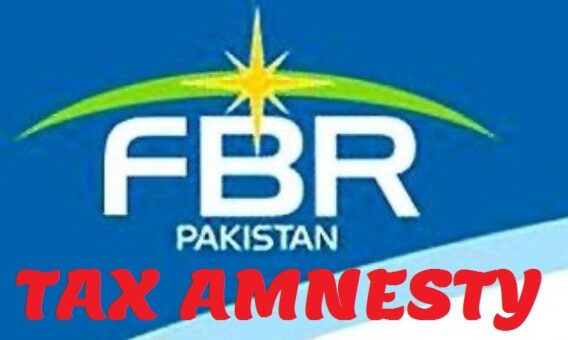ISLAMABAD: The government is reportedly planning to roll out a much-anticipated tax amnesty scheme during the last two months of the current fiscal year, with a conclusion targeted before the initiation of the International Monetary Fund (IMF) loan program.
According to sources, the scheme is aimed at providing an opportunity for individuals and entities to declare undeclared assets between May and June 2019. This timeline aligns with the anticipated start of the IMF program on July 1, 2019. Earlier, the Ministry of Finance suggested extending the scheme until September 2019 to allow more time for people to benefit from it, but the proposal was revised.
Dr. Abdul Hafeez Shaikh, Adviser to the Prime Minister on Finance, Revenue, and Economic Affairs, chaired a meeting with Federal Board of Revenue (FBR) officials to discuss the framework of the amnesty scheme. Key elements deliberated included tax rates, eligibility criteria, and the scheme’s duration.
As part of preparations, the government is expected to discuss the amnesty scheme with an IMF delegation visiting this week. The Finance Ministry’s earlier presentation highlighted critical features of the proposed scheme, which include provisions for benami assets, sales tax, federal excise duty, mandatory return filing, balance sheet revisions, and pending litigation cases. The scheme would also facilitate the declaration of bank credits from the past five years, subject to higher valuation and rates.
The amnesty scheme explicitly excludes holders of public office since January 1, 2000, along with their immediate family members and direct relatives. Additionally, proceeds derived from criminal activities and cases pending in courts—except older litigation—will not qualify for the scheme.
The amnesty scheme will also introduce certain limits, such as restrictions on gold declarations and mandatory banking transactions for cash disclosures. This initiative is expected to broaden the tax net, enhance revenue collection, and improve compliance while providing individuals and businesses a one-time chance to regularize their assets.
As the government balances domestic revenue reforms with IMF program requirements, the amnesty scheme could play a pivotal role in stabilizing the economy. However, its success will depend on its effective implementation and public participation.
